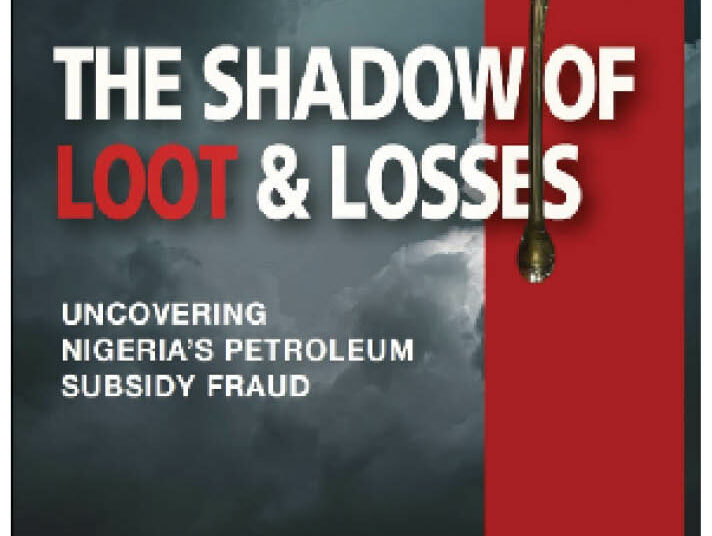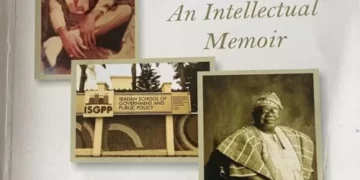Abdulrasheed Bawa’s latest publication ‘The Shadow of Loot & Losses: Uncovering Nigeria’s Petroleum Subsidy Fraud’ unnerves even the most cynical of minds.
From details of case studies cited, to the mechanisms deployed by oil marketers to perpetuate fraud highlighted, the 320-page book affirms a level of corruption in the scrapped Petroleum Subsidy, that is beyond the average Nigerian’s wildest imagination.
The author, however, proffered preventive and investigative measures that can be put in place to curb petrol subsidy fraud in the country.
Created by the federal government in January 2006, the Petroleum Support Fund (PSF) is aimed at stabilizing the price of petroleum products in Nigeria and to enhance their availability. Contrarily, systemic vulnerabilities and human factors have rendered the well-intentioned fund/policies into avenues of siphoning money by the select few at the expense of the larger populace.
In ‘The Shadow of Loot & Losses: Uncovering Nigeria’s Petroleum Subsidy Fraud’, Bawa (who writes from personal experience as a member of the Special Team on Petroleum Subsidy (STPS)) offers suggestions on how both government, investigators and prosecutors can proactively address the systemic cracks and loopholes devised by the fraudsters to sabotage the policy.
On the part of government, a preventive method is advised. The author canvasses for an independent and adequately financed office of the Auditor General of the Federation (OAGF). The need being the ineffectiveness of audit reports released by the OAGF year after year, and its dependency on mainstream civil service for its function. An independent and adequately funded OAGF, Bawa writes, “that can carry out its auditing function without fear of reprisal or interference, allowing more rigorous scrutiny of financial transactions and processes, can play a pivotal role in mitigating corruption in government finances more effectively than law enforcement agencies like the Economic and Financial Crimes Commission (EFCC).
To avoid penalizing innocent persons, the author urged investigators and prosecutors to embody personal qualities as integrity, open-mindedness, attention to detail, critical thinking, trustworthiness honesty. These qualities, he said, “are not only necessary for personal credibility but also to foster trust among colleagues, the community, witnesses, suspects or defendants”.
In particular, he touched on the issue of ‘confirmation of bias’ – which is the tendency to search, interpret, and recall information in a certain way that aligns with our pre-existing values, opinions or belief.”
Investigators and prosecutors either consciously and subconsciously lean towards ‘confirmation of bias’ in the course of investigation which leads to flawed decision-making, skewed interpretations and potentially wrongful conviction. “It is wrong to seek evidence that supports an initial hypothesis while ignoring or dismissing evidence that contradicts it”.
To get the most of the book, readers whilst acknowledging the system failures surrounding the procurement processes and their associated abuses, as well as mechanisms through which fraud is perpetuated, must look beyond the outcomes of the investigations and case studies to draw the invaluable lessons therein for all stakeholders in order to prevent a repeat of such unimaginable proportion of fraud.
We are all bearing the brunt of the removal of subsidies on petroleum products today. Those who advocate the tackling of the fraud in the petrol subsidy will have a change of opinion after reading the book.
Published June 2025 by Cable Books, ‘The Shadow of Loot & Losses’ is a recommended read for all who seek a deeper understanding of the petrol subsidy regime and its attendant consequences in the socio-economic lives of Nigerians to date.





